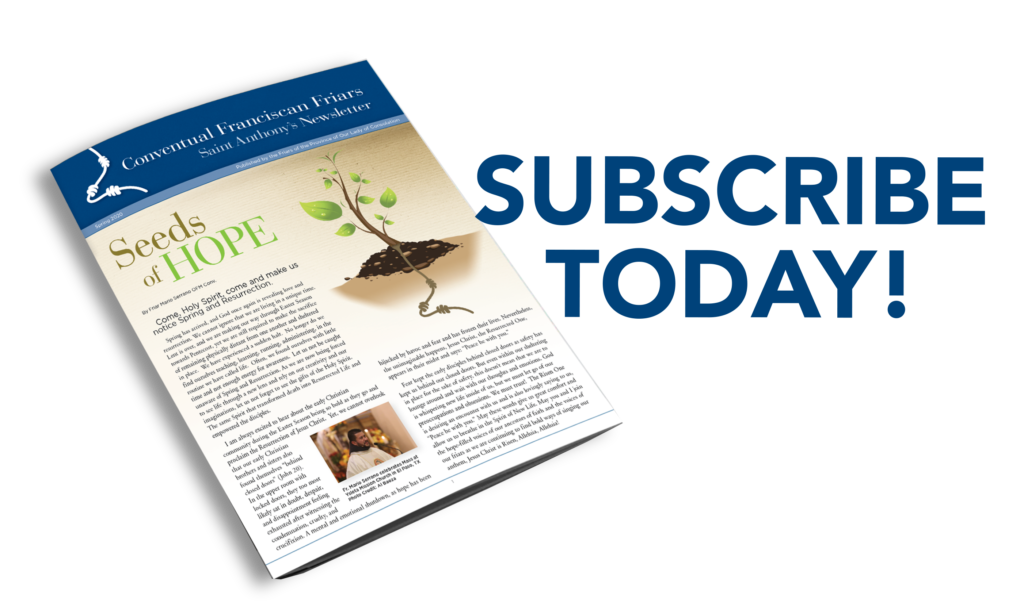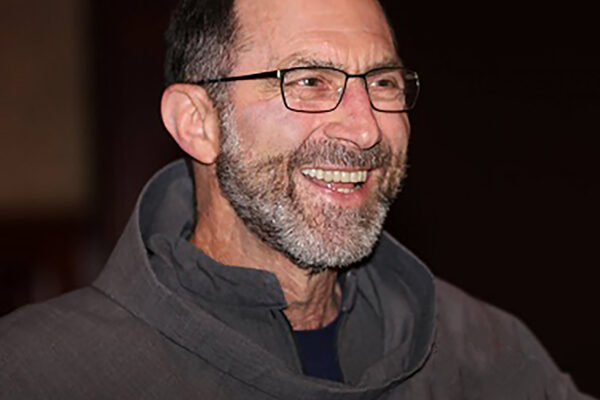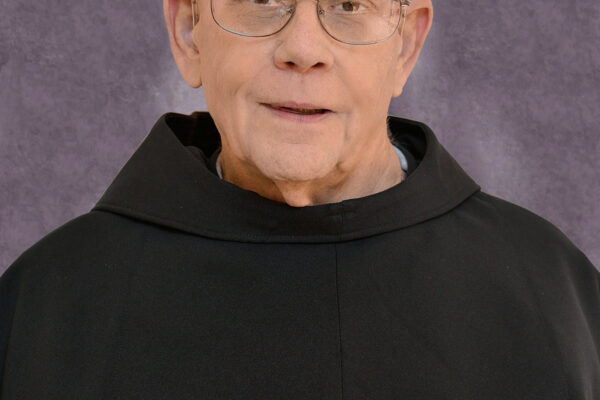On the anniversary of St Francis of Assisi’s death, Pope Francis celebrates Mass before the Saint’s tomb and signs his Encyclical “Fratelli tutti”.
Letting Love Transcend
On the vigil of the Feast of Saint Francis, the first pope to share his name traveled to Assisi to sign a new encyclical right at his tomb. An encyclical is a letter written by the Holy Father to exercise his teaching ministry. This encyclical takes its title “Fratelli Tutti,” which is Italian for “brothers and sisters all,” from “The Admonitions” of St. Francis. As in the previous encyclical, “Laudato Si,” which also takes its title from the writings of St. Francis, the influence of the poor man of Assisi permeates the entire document. “Laudato Si” was taken from St. Francis’ famous poem celebrating the inter-relatedness of all of creation, and “Fratelli Tutti” sees Francis’ vision of human fraternity as essential to the healing of the world, especially after the experience of the Covid-19 pandemic.
Our first Jesuit pope took the name of Francis after being counseled by a Franciscan cardinal right as the votes for his election were being counted; Cardinal Claudio Hummes of Brazil told the newly elected pope, “don’t forget the poor.” Not only has Pope Francis never forgotten the poor, who were already central to his ministry as the Archbishop of Buenos Aires, but as the first pope from Latin America, Pope Francis has continuously directed the world’s attention to the marginalized and insists that we can encounter Christ by encountering the poor. Beginning with his first papal voyage to the island of Lampedusa, where shipwrecks have claimed the lives of many refugees fleeing from war and starvation in Africa, Pope Francis continues to deflect the spotlight shining on him towards people the world often ignores. This latest encyclical begins with a rather gloomy depiction of the world at this time but moves quickly to an invitation to the hope offered by an encounter with Christ, especially if we are willing to live in conformity with the teaching of Jesus that with one Father in heaven, we are all brothers and sisters.
The pope tells us that the Covid 19 virus has exposed our false securities and fragmentation that has left us divided even as we face a global crisis. This is a moment for change, for conversion, and to “dream…as a single-family, as fellow travelers sharing the same flesh, as children of the same earth which is our common home.” While the poor suffer disproportionately in every crisis, the pope particularly mourns the elderly abandoned to die in the pandemic and reminds us that it doesn’t have to be this way. He has previously denounced the “globalization of indifference” and calls us to the virtue of solidarity. To recognize our common humanity is to recognize that we are members of the same family despite our location, culture, or religion. We must work together, across borders and differences, to create a better, more just, and more fraternal world.
The pope offers a contemporary reading of the well-known parable of the Good Samaritan. The story is proposed in response to a question, ‘What one must do to attain eternal life?’ The questioner knows that we are to love God and our neighbor, but he asks: who is my neighbor? As the pope recounts the well-known story of the man beaten by robbers and left on the roadside, passed over by two religious people but generously tended to by a despised Samaritan, he emphasizes that it was a foreigner, someone from a distance, who teaches us how to be a neighbor. The pope invites the world’s inhabitants to become neighbors despite our differences, just as Jesus instructed his questioner to “go and do likewise.”
Pope Francis affirms each human being’s goodness and dignity based on ethics and how relations of love are essential for humanity. He describes radical individualism as a virus that must be eradicated for humans to flourish and reminds us that our economic and political systems must be ordered to the common good.
While the encyclical is global in its reach, it is not hard to see implications for the United States as it was released in the midst of a very divided political campaign. Chapter 5 offers a vision for a “better kind of politics,” which leads to the improvement of life for all through the exercise of genuine charity. The whole letter is a call to overcome the division and to focus again on the good, the noble, and the true. Francis reminds us that kindness is a fruit of the Holy Spirit and “frees us from cruelty, anxiety… and facilitates the quest for consensus.” Just like his namesake, Pope Francis proposes a way of life marked by the flavor of the Gospel, with all as brothers and sisters, where love transcends geography and distance.







